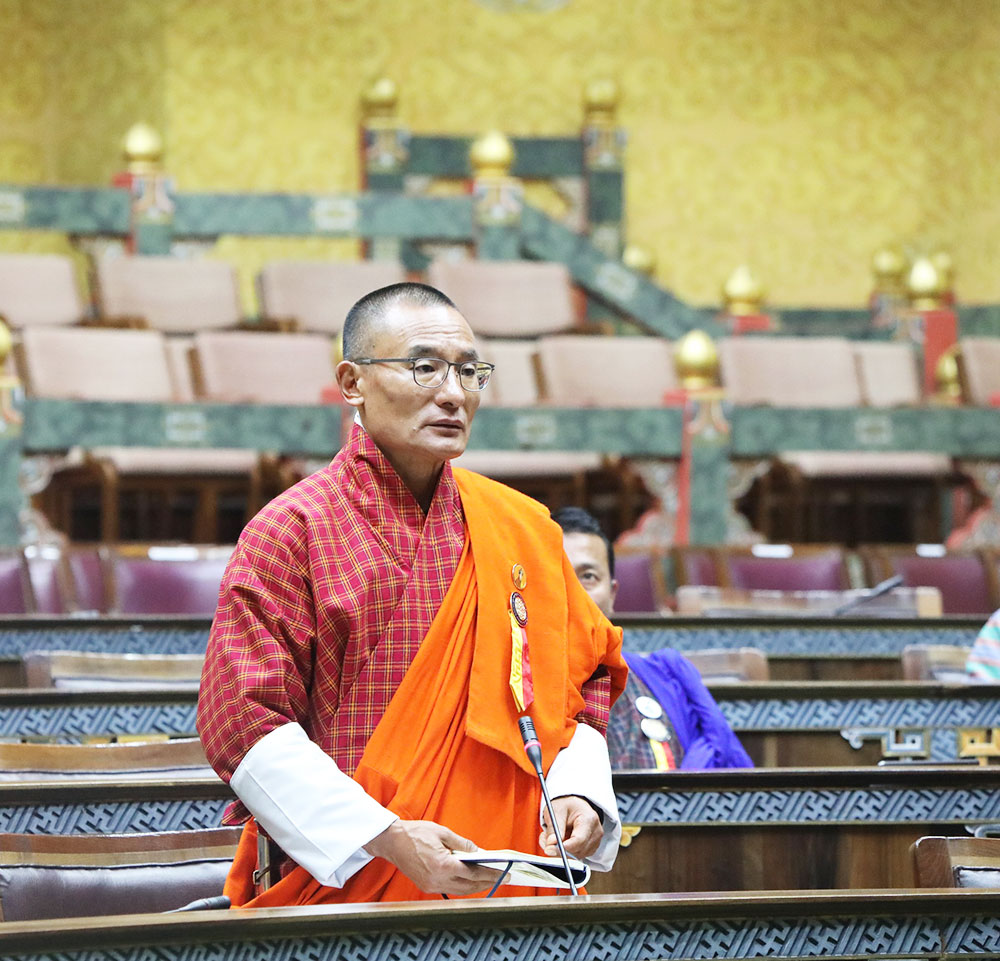
The third child cash incentive programme, which will provide Nu 10,000 per month to women for their third and subsequent children until the child reaches the age of three, will be launched within this year, according to Prime Minister Tshering Tobgay.
The third child cash policy aims to encourage Bhutanese to have more children in the face of declining population due to low fertility rate and increased migration.
This was one of the prominent pledges made by the ruling government during the election campaign.
In a written question at the National Assembly last week,the Member of Parliament from Nganglam constituency, Lamdra Wangdi, asked the Prime Minister about the government’s plans and timeline for implementing the third child cash incentive programme.
Responding to the question, the Prime Minister said that the government is currently working on the policy, plans, rules, and criteria for the implementation of this programme. “The third child incentive programme will be rolled out within this year,” Lyonchhen said.
He said that the third child incentive is crucial for sustaining Bhutan’s small population. “The declining population is one of the greatest concerns currently facing our country. We have been experiencing a declining fertility rate of 2.1, which currently stands below the replacement level,” he said.
The country’s fertility rate has been steadily declining, decreasing from 6.6 births per woman in 1971 to 1.866 births per woman in 2023.
In contrast, the contraceptive prevalence rate in the country has steadily increased from 18.8 percent in 1994 to 65.6 percent in 2010.
According to a United Nations Fund for Population Activities report, globally, half of the world’s population lives in countries where the total fertility rate is below 2.1 births per woman. The gap tends to be larger for highly educated women, who find it more difficult to combine their careers with their family life and aspirations.
In Bhutan, this issue is further aggravated by the migration of Bhutanese, particularly the increasing number of productive population, youths, and experienced professionals migrating abroad.
“If we do not take measures to tackle these issues, it will pose serious concerns and problems for Bhutan. Population is crucial for the country and sustainable economic development,” Lyonchhen said.
The third child incentive programme is one of the measures to sustain the population.
Factors contributing to the decline in the fertility rate include women working in offices, remaining unmarried, and preferring to live independently.
Couples interviewed by Kuensel earlier mentioned the difficulty of working in offices and finding babysitters as reasons for not having more children.
Some of them said it was due to financial challenges of raising more than two children and their inability to afford Early Childhood Care and Development (ECCD) services
The cost of hiring a babysitter has increased over time from Nu 1,500 to 3,000 a month to Nu 20,000 for 8 to 9 hours of service.
The Prime Minister said that the government is also putting in place other measures, such as increasing access to ECCD by strengthening ECCD facilities across the country. “Having reliable ECCD facilities will ease the burden on the parents to take care of their children and encourage them to have a higher number of children,” Lyonchhen said.












